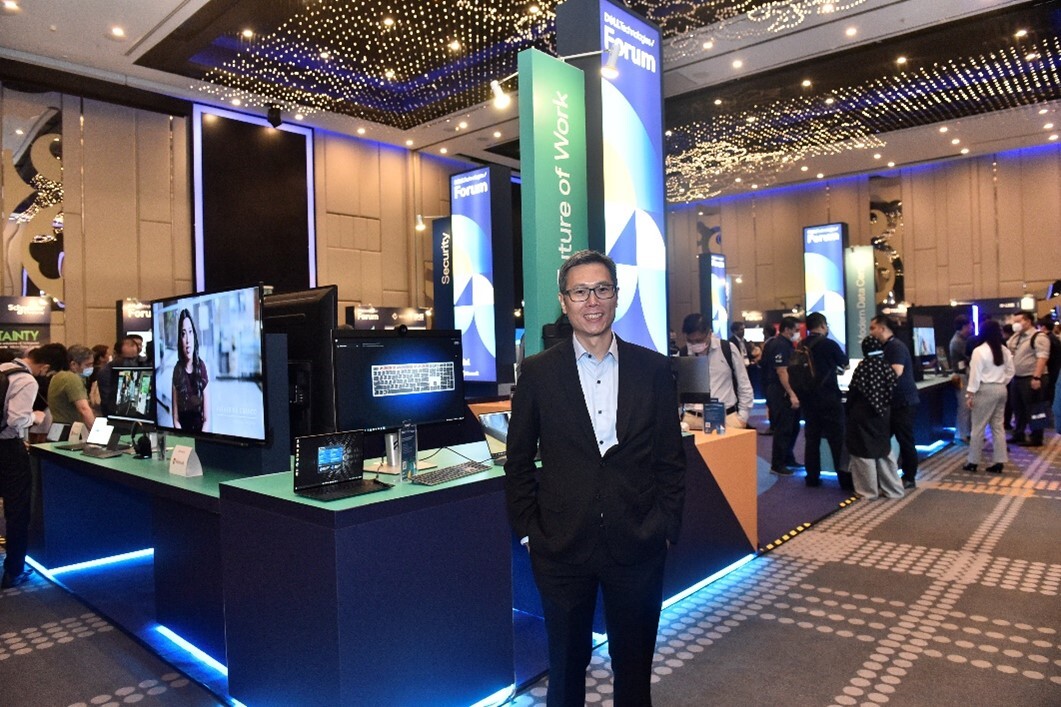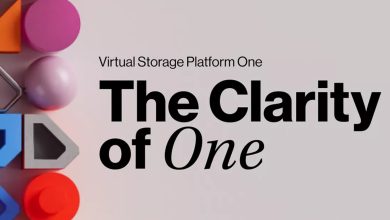
Business leaders are becoming more cognizant of the critical role that employees play in driving effective change in this era of hybrid work, according to a report by Dell Technologies: Breakthrough Study presented by Dell Technologies’ Malaysian Country Manager and General Manager for the South Asian Telecom Systems Business, Mak Chin Wah. The survey polled 10,500 people from over 40+ countries, including Malaysia.
Based on the report, 64% of IT executives in Malaysia are confident that their companies have what it takes to digitally change a workforce after just two years of intensive preparation. However, two-thirds of workers think that the companies do not give enough thought to effectively interacting with their people when designing transformation programs, making it difficult for them to stay competitive.
The results highlight how the recent period of rapid transformation is leaving businesses and their workforce in need of time to recharge, reflect, and refine before embarking on new or iterating projects. There has been a lot of progress and effort over the past several years but the research shows that there is still a chance for transformation to stagnate because of people’s resistance to change: 68% of Malaysian respondents feel this.
“Most organisations around the world – including Malaysia – realise the need to digitally transform but they find digital transformation hard, and their people don’t always embrace change. This human-technology friction is only compounded by the pandemic and what we end up with is businesses that are more digitally resilient but many of their people are exhausted,” said Mak Chin Wah, Country Manager, Malaysia and General Manager, Telecom Systems Business, South Asia, Dell Technologies during the forum.
 Mak Chin Wah, Country Manager, Malaysia & General Manager, Telecom Systems Business, South Asia, Dell Technologies
Mak Chin Wah, Country Manager, Malaysia & General Manager, Telecom Systems Business, South Asia, Dell Technologies
Benchmarking Readiness for Digital Change
Only 8% of the Malaysian workforce, including top business leaders, IT decision-makers, and personnel, are pursuing modernisation projects, according to a poll conducted by Dell and independent behavioural experts. In addition, 40% of Malaysians who responded were either delayed or reluctant to embrace change.
A way forward is mapped out in the paper. With breakthroughs occurring at the crossroads of people and technology along these three fronts, it points the way for organisations to concentrate on what matters and keep up with the revolution. The three points are:
1. Connectivity
Despite the widespread effects of the pandemic, businesses nonetheless managed to interact, collaborate, and conduct business online at an unprecedented level. Nonetheless, they are not yet done.
76% of Malaysians polled agreed that their employers should enable them to work remotely by providing the technology and infrastructure they require (along with the autonomy to choose their preferred working pattern). This is because these workers lack the resources to make the transition to a highly distributed economy, they are concerned that they may be left behind (where work and computing are not tied to a central place but occur everywhere).
Having only technological advancements is not enough. In addition, businesses need to ensure that people of varying abilities, interests, and responsibilities are treated fairly in the workplace. 82% of Malaysian workers said they would be satisfied if their employer does at least one of the following:
- Clearly define their ongoing commitment to flexible work arrangements and the practicalities of making it work – Malaysia: 54%.
- Equip leaders to effectively and equitably manage remote teams – Malaysia: 41%.
- Empower employees to choose their preferred working pattern and provide the necessary tools/infrastructure – Malaysia: 49%.
2. Productivity
People’s time is limited and there are now too few qualified candidates for open roles. Businesses can relieve these stresses by turning mundane jobs over to machines powered by Artificial Intelligence and repurposing the resulting time and energy into activities with higher intrinsic value.
Only 19% of people in Malaysia who have answered this question right now claim they have a job that is both interesting and varied. 81% of Malaysian respondents were excited about the prospect of automating more routine chores so that they could devote more time to developing marketable skills like leadership and machine-learning.
However, companies with smaller budgets worry that they will not be able to train their employees to compete in the modern market.
3. Empathy
Businesses, at their core, should cultivate a culture, driven by sympathetic leaders, that values their employees as the company’s primary source of innovation and competitive advantage.
The data shows that more needs to be done, and empathy should guide decision-making, such as making technology easier to use for the roughly half of people who regularly feel overwhelmed by complex technologies and adapting change initiatives to the specific strengths of each employee (54% in Malaysians are confident that their leaders do this).
For more information, visit and read the research report here.




